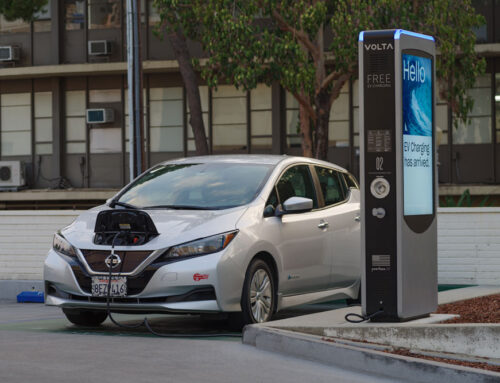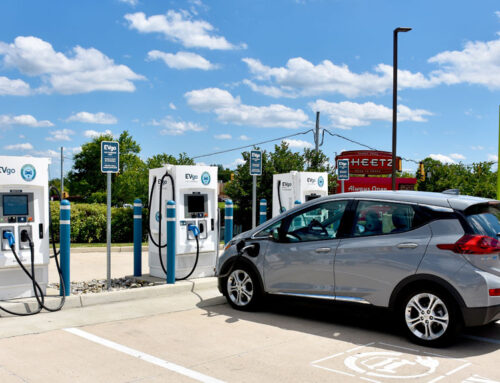Electric vehicles (EVs) are becoming increasingly popular, not just for their environmental benefits, but also for their potential to save drivers money over the long term. While the initial purchase price of an EV can be higher than that of a traditional gasoline-powered car, the ongoing cost savings and reduced maintenance requirements often make EVs a more economical choice. Let’s explore the cost savings and maintenance benefits of owning an electric vehicle.
Cost Savings on Fuel
One of the most significant savings for EV owners comes from the lower cost of electricity compared to gasoline. Here’s a breakdown of how EVs can save you money on fuel:
- Lower Energy Costs:
- Electricity vs. Gasoline: The cost per mile for electricity is generally much lower than for gasoline. On average, driving an EV can cost about half as much as driving a gasoline vehicle, depending on local electricity rates and gasoline prices.
- Home Charging: Charging an EV at home, especially overnight during off-peak hours, can further reduce costs. Many utilities offer special rates for EV owners to incentivize off-peak charging.
- Incentives and Rebates:
- Government Incentives: Many governments offer tax credits, rebates, and other incentives to reduce the purchase price of an EV and offset the cost of home charging equipment.
- State and Local Programs: Some states and municipalities offer additional incentives, such as reduced registration fees, access to carpool lanes, and free or discounted parking.
Maintenance Benefits
Electric vehicles have fewer moving parts than traditional gasoline cars, which translates into lower maintenance costs and fewer visits to the mechanic. Here’s how:
- Simpler Drivetrain:
- No Oil Changes: EVs don’t require oil changes, as they don’t have internal combustion engines.
- Fewer Fluids: EVs have fewer fluids that need to be checked and replaced, such as transmission fluid and coolant.
- Less Wear and Tear: The regenerative braking system in EVs reduces wear on brake pads, leading to longer intervals between brake replacements.
- Longevity and Reliability:
- Battery Warranty: Most EV manufacturers offer extensive warranties on their batteries, typically ranging from 8 to 10 years or 100,000 miles. This provides peace of mind and reduces long-term maintenance costs.
- Software Updates: Many EVs receive over-the-air software updates that can improve performance and add new features without the need for a visit to the dealership.
- Routine Maintenance:
- Tire Rotations and Inspections: Routine maintenance for EVs primarily includes tire rotations, brake inspections, and battery health checks. These are typically less frequent and less costly than the maintenance required for gasoline vehicles.
Long-Term Financial Benefits
While the upfront cost of an EV can be higher, the total cost of ownership over the vehicle’s lifespan often turns out to be lower. Here’s why:
- Resale Value:
- Depreciation Trends: As the market for EVs grows, their resale value is becoming more stable. Some EVs, particularly those from reputable brands with long ranges, hold their value well.
- Demand for Used EVs: The demand for used EVs is increasing as more consumers seek affordable ways to go electric.
- Total Cost of Ownership:
- Lower Operating Costs: When you factor in fuel savings, reduced maintenance costs, and incentives, the total cost of owning an EV can be significantly lower than that of a gasoline vehicle over the same period.
- Environmental Impact: Beyond financial savings, the reduced environmental impact of driving an EV can also be considered a long-term benefit, contributing to cleaner air and a reduction in greenhouse gas emissions.
Conclusion
Owning an electric vehicle offers substantial cost savings and maintenance benefits. Lower fuel costs, reduced maintenance requirements, and various incentives make EVs an attractive option for many drivers. As technology advances and the market for EVs continues to grow, the financial advantages of going electric are likely to increase, making EVs an even more compelling choice for the environmentally and economically conscious consumer.









Leave A Comment